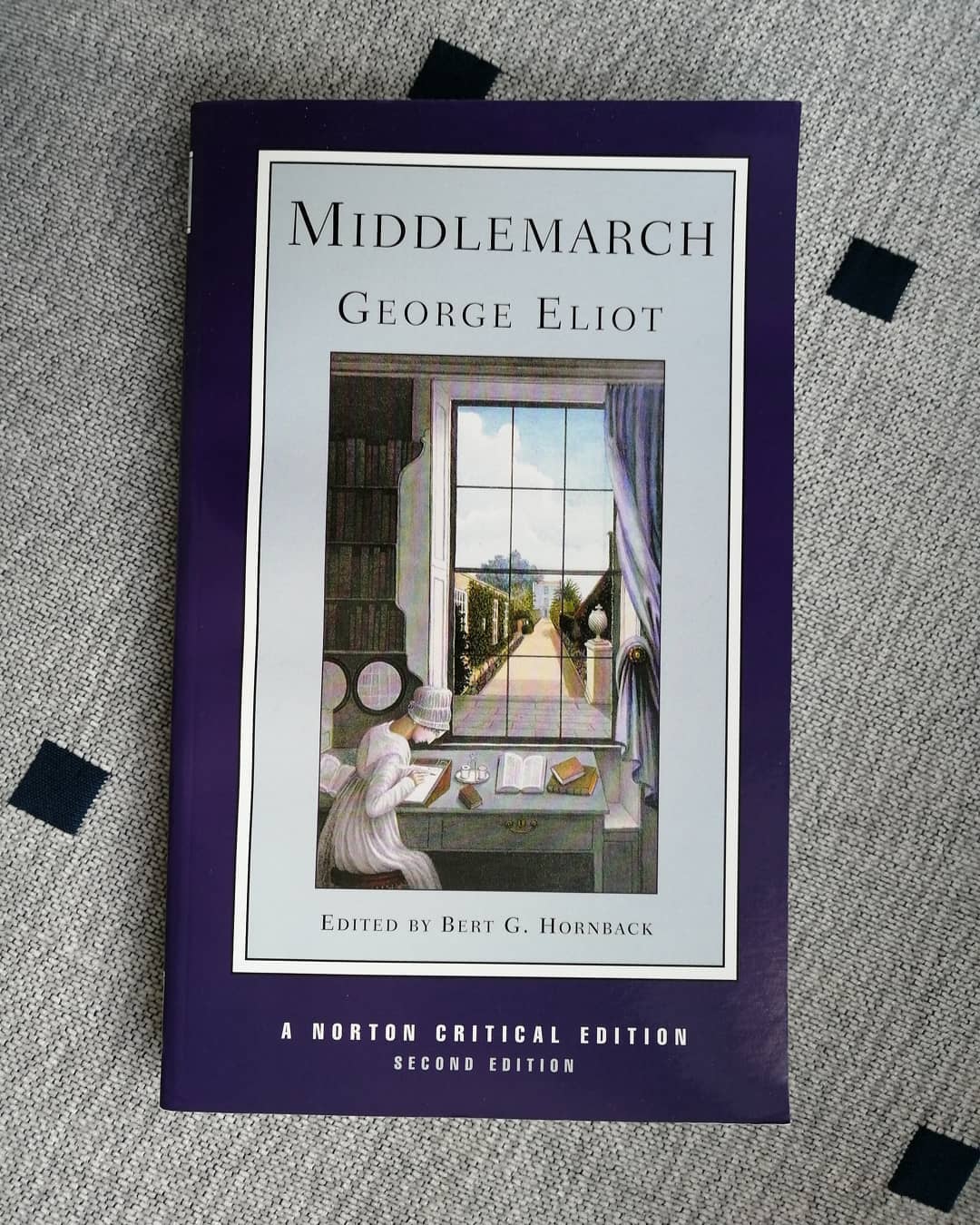Perhaps the English grammar tense that learners (and even native speakers) struggle most with is the SUBJUNCTIVE.
✍️ It has various forms that can be used in different situations, as long as those expressions refer to either a demand, a wish, a suggestion or a hypothetical situation (a situation that could happen but hasn’t yet happened).
✍️ The subjunctive is a kind of uncertain present or past tense (‘if … be’ OR ‘if …were’) that connects to a particular outcome in the future (‘then …’ + the conditional tense).
Using the subjunctive correctly will greatly enhance your oral expression or writing in English – it indicates that you can relate to two different time periods (for example past and conditional, or present and conditional) and shows that you understand the different moods a sentence can have.
What better novel than George Eliot’s masterpiece, Middlemarch (1871) to illustrate a few examples of the subjunctive being used effectively.
Consider how Mr Brooke uses it when he is talking about the talented but restless young man, Mr Ladislaw (also note the abbreviated forms of ‘it is’ and ‘you would’ that are common in spoken English):
📘 ‘It’s my opinion that if he were to part from me to-morrow [tomorrow], you’d only hear the more [hear more] of him in the country.’
This next example comes from the doctor, Mr Lydgate’s own words, as he talks about his friend Mr Farebrother who is addicted to gambling because he is poor and wants to win money. However, Mr Farebrother would probably stop gambling if he could achieve financial security.
👉 Notice how the order of this subjunctive phrase is reversed from that above, yet it continues to express an outcome that depends on a particular situation:
📘 ‘I have no doubt he would leave it off, if he were transplanted into plenty: he would be glad of the time for other things.’
Hopefully these examples helped to clarify how the subjunctive can be used.




